Tagged: social media guide
Social media can produce high levels of stress and anxiety. Sharing and posting aspects of your life with others is the purpose of social media, but it can lead to negative outcomes. These negative outcomes can cause a mental health concern or it can trigger an existing disorder.
Hi, it’s Kit not Kit kat but Kit smiles because that’s what I want to do more often. Today I was on Snapchat, but for most of the day I was doing intensive research on my laptop on all sorts of things. I go on my Snapchat and I was sent streaks , which is like snap pics you send to friends. The most weirdest streak was from the guy I was seeing, he sent me a streak and I seen his tabs in which he had a tab entitled “my ex,” and how devastating (sarcasm).
How many devices do you have? Do you have a phone, laptop, tablet, and wearable? How about an ebook reader? How many social media accounts do you have?
Like it or not, we’re all on social media in some way. Despite the large amount of sites and platforms available, the chances that you have an account on the same platform as your parent is pretty likely. You could both be on Facebook, even if you might not have touched yours in months (or even years), or you may both have Instagram accounts. You might be following each other, or your parent may not know that your account exists at all.
Negativity bias is a natural human experience. It’s why we are severely affected by what can end up being the slightest of inconveniences, even if really good things happen to us too. For example, you may have gotten an A on a really important exam, but forgetting to submit a homework assignment that same day and losing points for it is more likely to affect you.
Realistically, we aren’t best friends, nor are completely enamored with everyone we follow on all our platforms. You might have that one account that you can’t bring yourself to unfollow because there’s something so satisfying about rolling your eyes whenever they post, or sharing it with others you know who follow the same person.
Obviously, social media is a form of communication. However, compared to our offline lives, where we’re likely not talking to more than a few people at a time, being on social media can feel like yelling out to the whole entire world, where your words can be seen by anyone, everyone, and with many of whom have the ability to respond.
You’ve probably seen memes, tiktoks, and other kinds of posts on social media about how the best part of the day is when a package with something you ordered has finally arrived. There’s something incredibly satisfying about placing an order and tracking every single step of the delivery process before it arrives at your front door.
Let’s face it: even though we know that spending too much time online can affect us negatively, from affecting our sleep to worsening existing symptoms of depression, cutting down the amount of time we spend on our screens, and especially our phones, is easier said than done.
With more and more people opening up about their mental health online, you may find yourself thinking about a few things. You may feel proud of them for opening up about their struggles on a large platform, or you might feel comforted and feel less alone that someone you know also has struggles with their mental health. You might think about how social media is helping reduce the stigma about mental illness by giving many the opportunity to write about what they’re going through too.

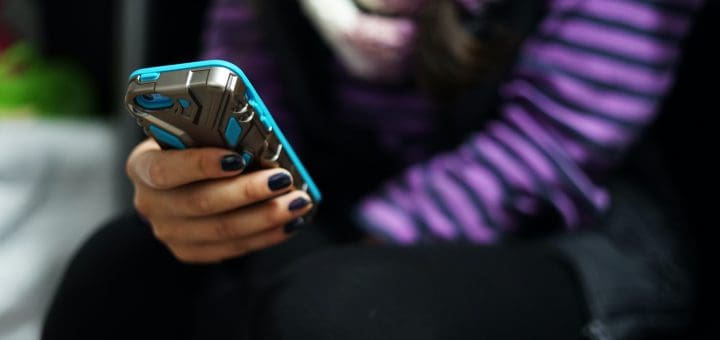
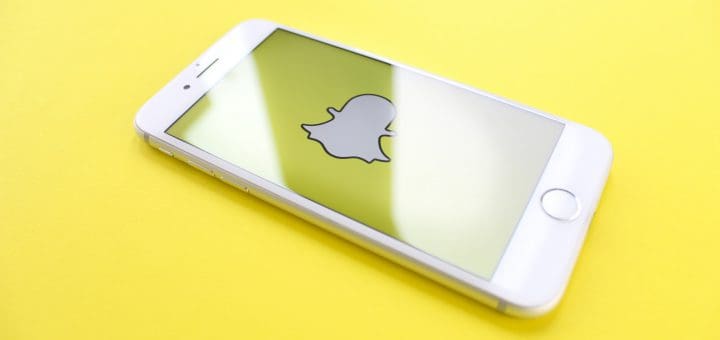



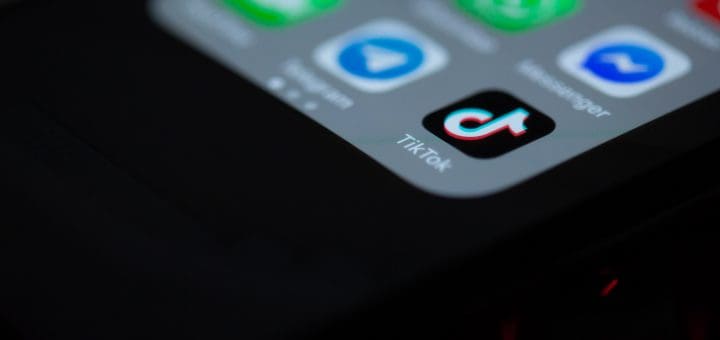


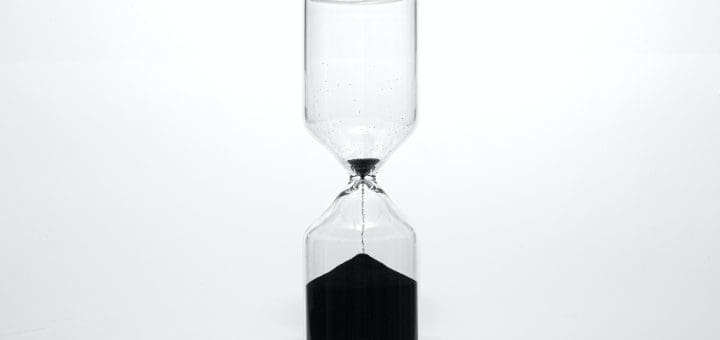
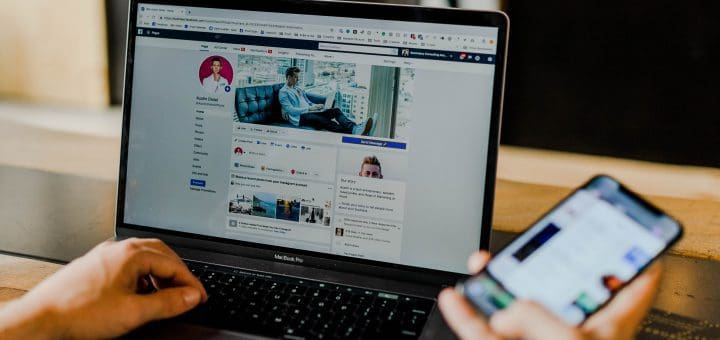
Recent Comments